How Does a Collision Center Provide Exceptional Service?
Your car may be in rough shape following a recent accident. Cracks may have formed in its windshield, its bumpers may be dented, and there may be scratches all over it. To address the damage your vehicle has sustained, you need to take it to a collision center.
Collision centers specialize in repairing the external elements of a car. You go to this type of shop instead of a service center to restore your car's appearance. How can you tell if a collision center is equipped to provide the top-notch service you're looking for? Checking out the items highlighted in this blog should point you in the right direction.
Employ Certified Technicians
The quality of a collision center hinges largely on the mechanics that work there. The owner of the auto body shop is the one who sets the qualifications for their mechanics. Some shops may only require technicians to be high school graduates. If you want to put your vehicle in the hands of more capable professionals, there are certain things you can look for.
For instance, look for collision centers that employ mechanics with associate degrees in relevant fields. Their mechanics have more knowledge regarding vehicle repair, so you can feel better about working with them. A technician with an ASE (Automotive Service Excellence) certification can handle most car-related problems with no trouble.
How can you tell if a particular collision center employs certified technicians? Inquiring at the location itself is always an option. If you have the time, you can also search online for auto body shops that employ certified professionals in your area.
Offer a Wide Range of Services
According to the Orange County Business Journal, the average car features around 30 thousand different components. In the aftermath of an accident, many of these parts may be in desperate need of repair. You have to find a collision center capable of administering the repairs that your vehicle needs.
Get in touch with the auto body shop beforehand and mention the type of work you need to have done on your car. Ask them if they have technicians who can render those services. Most collision centers can handle most repair jobs, but there may be a unique issue affecting your vehicle that requires the input of an expert.
Working with technicians who can handle all kinds of repairs is also more convenient. Instead of having to take your car from one shop to another, you can just leave it in that one place until it is completely repaired. The expert technicians may even be able to highlight and fix issues that you weren't aware of previously.
Use High-Quality Materials
Customers who only want to work with the top collision centers should look for shops that use high-quality materials. What are the materials that those shops use? Typically, they will use either OEM or aftermarket parts.
OEM parts are the components made by your vehicle's manufacturers. You can be certain about their quality because they had to pass rigorous checks before they reached the market. It would be a plus if the collision center you went to offered OEM parts for your vehicle. Do note that you will likely have to pay more for those OEM replacements.
Aftermarket parts are manufactured by third parties, and their quality can vary significantly. Some of these aftermarket parts are really good, while others leave much to be desired. You should only use aftermarket parts after researching them and learning more about their performance. The mechanics at the collision center should also be able to tell you more about those aftermarket components.
Work Closely With Insurers
You may still have some injuries from the car accident you were recently involved in. While you're nursing those injuries, you probably don't want to deal with your insurer. Preferably, your insurer and the collision center can just coordinate with each other so you can focus more on your recovery.
Some insurance companies have existing partnerships with auto body shops. If one of their clients needs car repair, they will direct them to their partner shop. In that scenario, you can expect the auto body shop and the insurer to work closely with each other.
Do note that you don't have to send your vehicle to the shop your insurer recommends. You can still choose the collision center you prefer and ask them if they are willing to work directly with your insurer. As long as the collision center is okay with the arrangement, your insurer has to work with them.
Provide Uniform Estimates
Many collision center customers will base the experience they have on the amount they're charged for repairs. Customers just want to be treated fairly. If they feel like a collision center is taking advantage of their situation, they will naturally feel worse about the experience. You, too, surely want nothing to do with a collision center that takes advantage of your situation.
Look for collision centers that offer uniform estimates if you don't want to deal with potential overcharging. Some auto body shops will use references to come up with their estimates. Partnering with them is ideal because you know exactly how much you'll have to pay right from the start.
At the very least, you should seek out auto body shops that won't constantly change their estimates. Give them the time to thoroughly examine your vehicle so they can come up with the right prices. Ask if the estimates they provide are final so you can decide what to do with regard to the repairs.
Include Warranties
Even if a particular collision center has a stellar reputation, you cannot be 100% certain that it will handle your vehicle properly. They may still miss a few things or commit certain errors that could jeopardize the functionality of your car. Some of those errors may not make their presence felt until you've already driven your car away from the body shop.
You never want to be in a position where you're already dealing with car problems not long after you just sent it in for repairs. Ideally, the collision center that works on your vehicle will offer a warranty. That way, you can return your vehicle for repairs without paying extra.
The warranty should also provide terms that are beneficial to customers. The time limit cannot be too short, and it should account for a good range of potential issues. Be sure to check your warranty carefully to make sure you're getting a good deal.
The inclusion of a fair warranty should be an important point of consideration for both collision centers and their customers. Collision center owners must be willing to offer warranties to give their customers a sense of security. There's no reason for a shop to worry about offering those warranties as long as they employ good technicians. Customers would also be wise to avoid collision centers that don't offer warranties because visiting a shop like this poses a large degree of risk.
Collision centers provide valuable services, but these services may differ in quality from one business to the next. Do you want to work with a
collision center that will meet all of your needs and allow you to drive your car without worrying? If so, drop by City Side Auto Body today and entrust your car to our team of automotive repair experts!

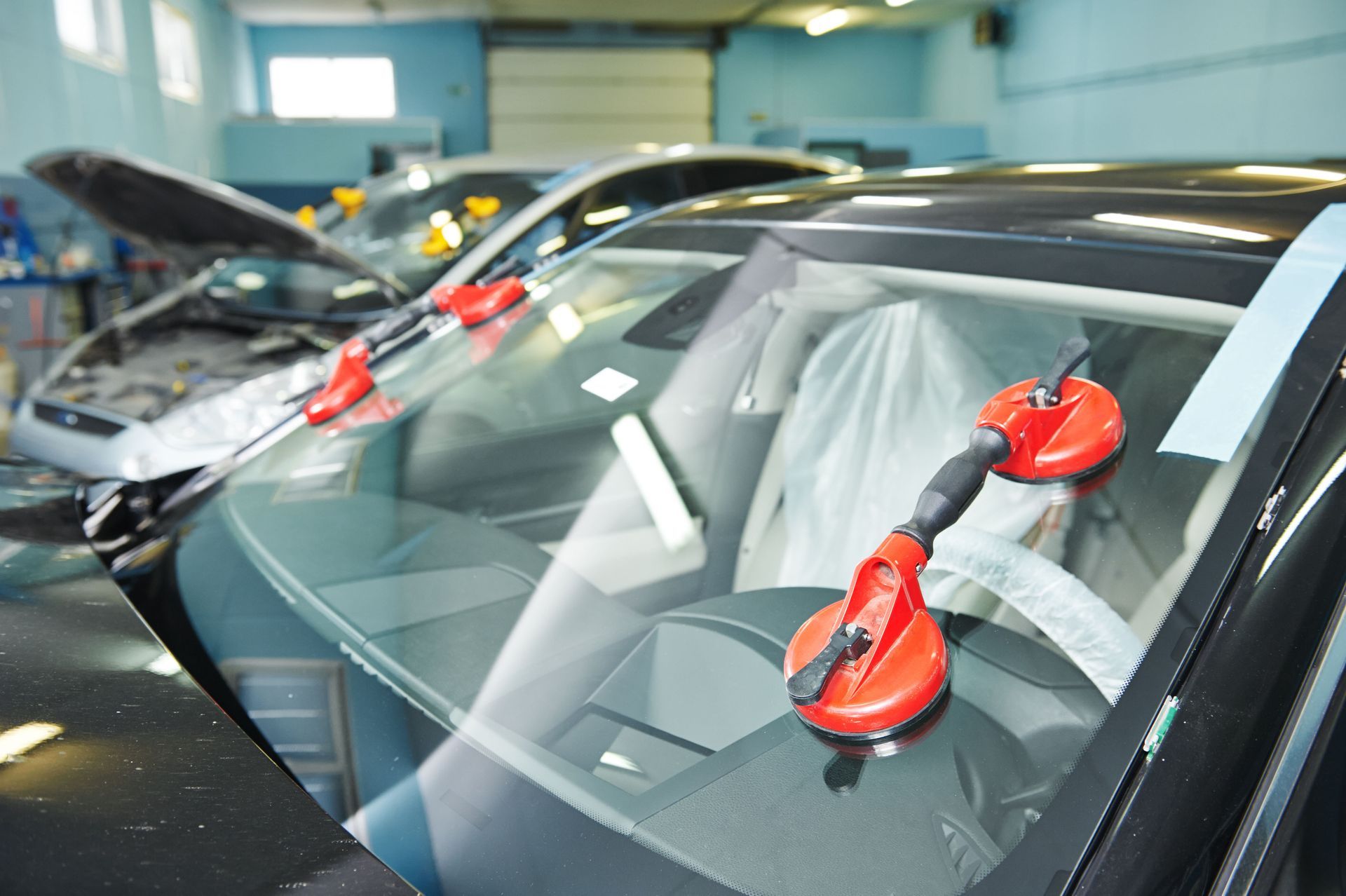
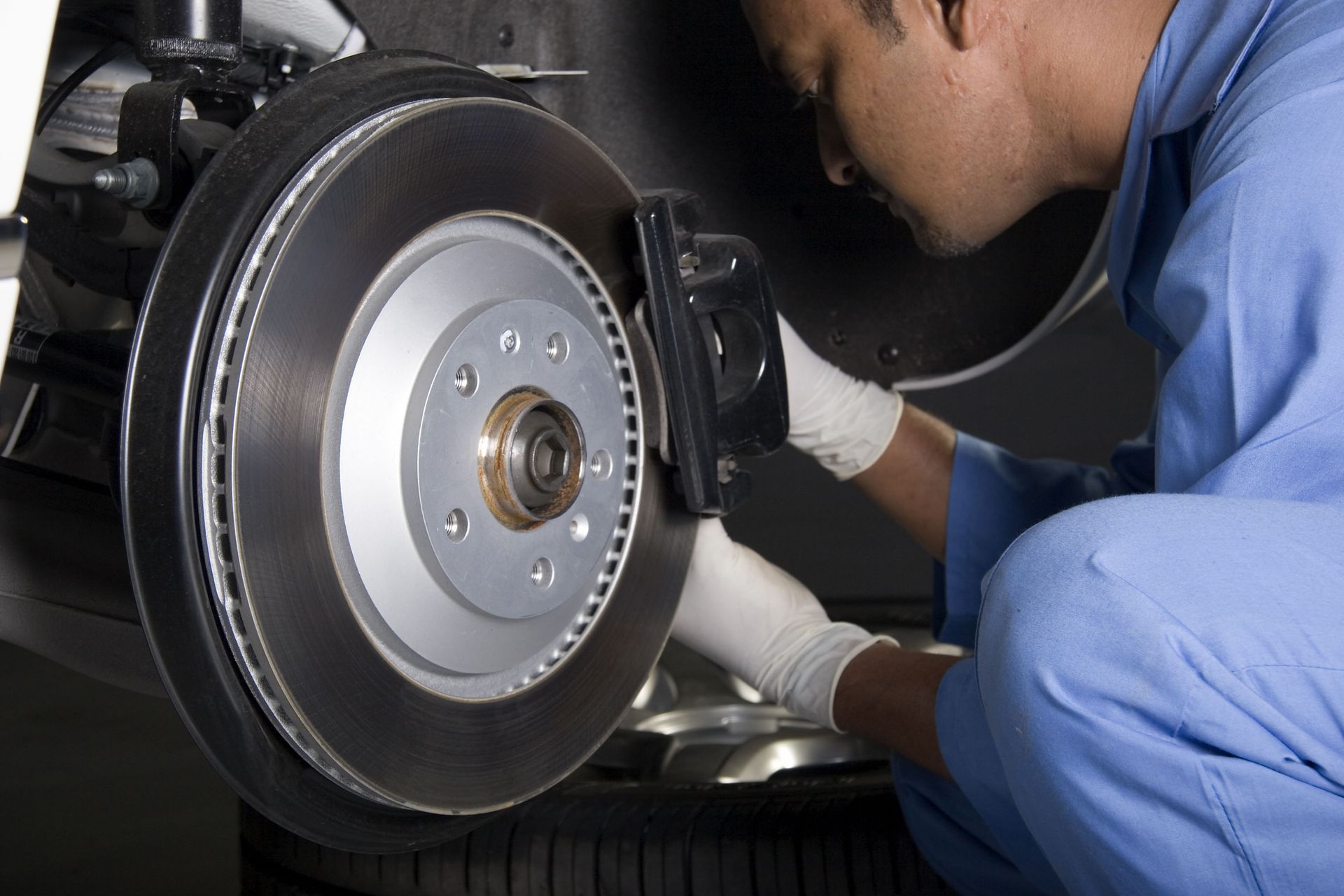
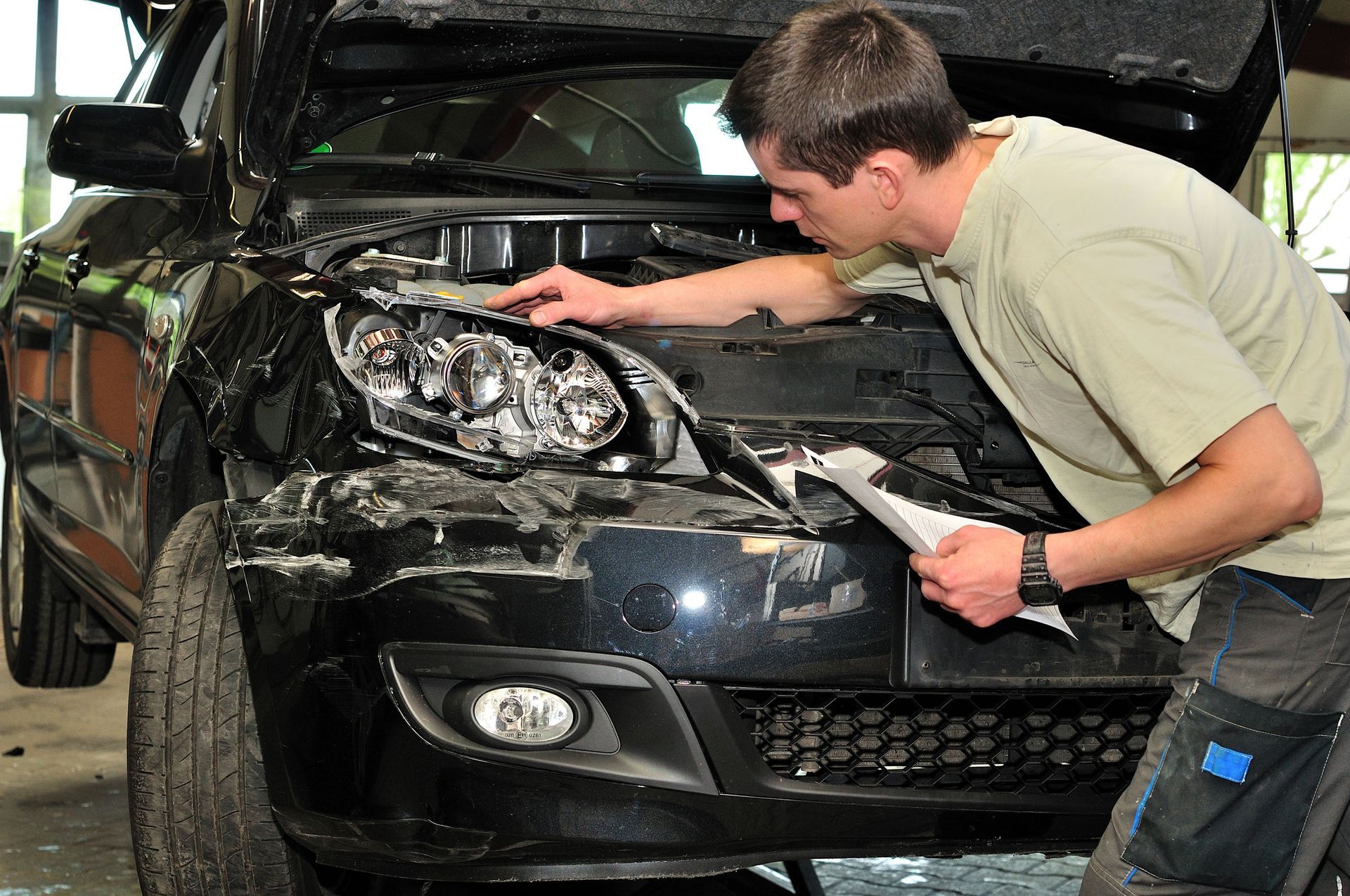
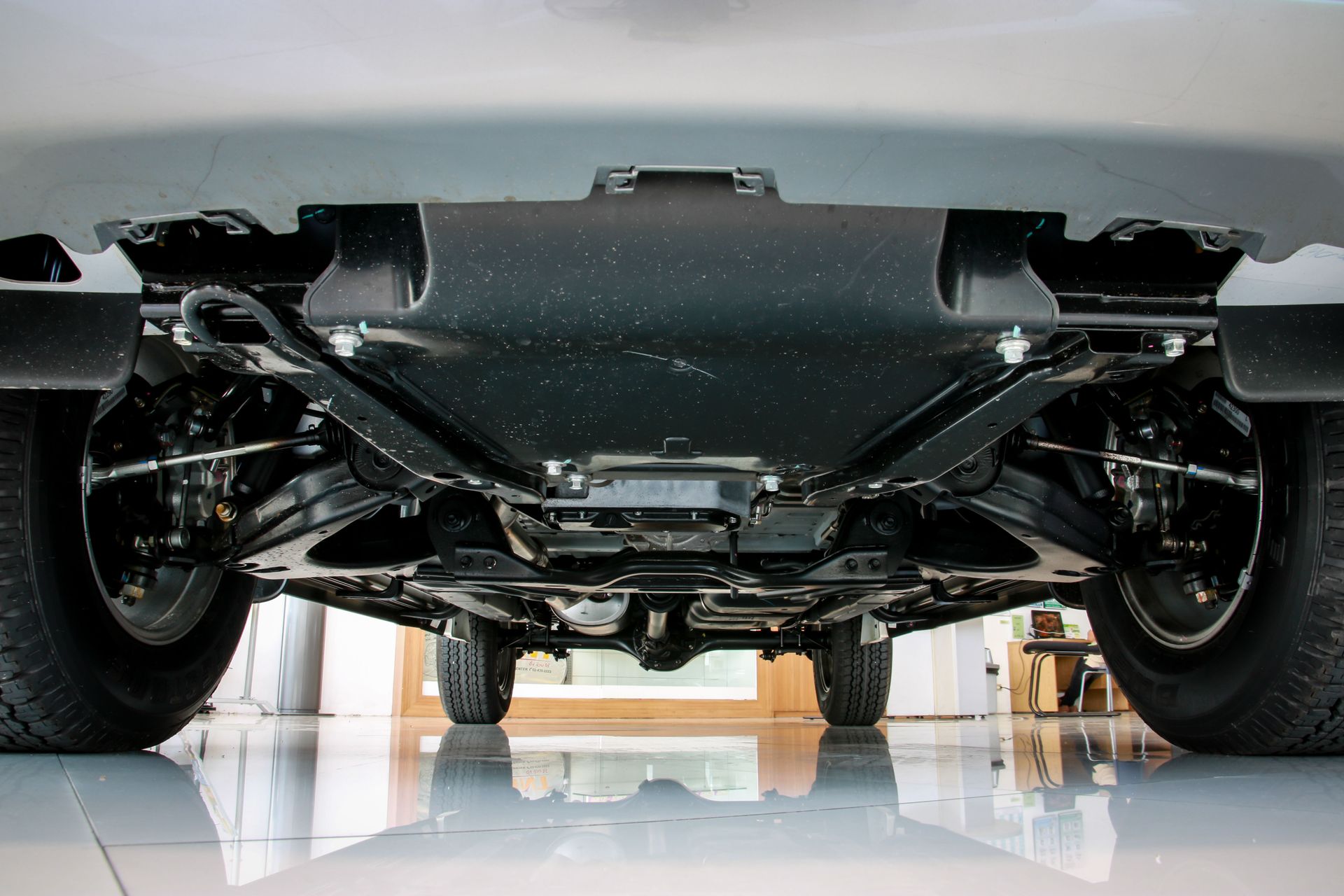
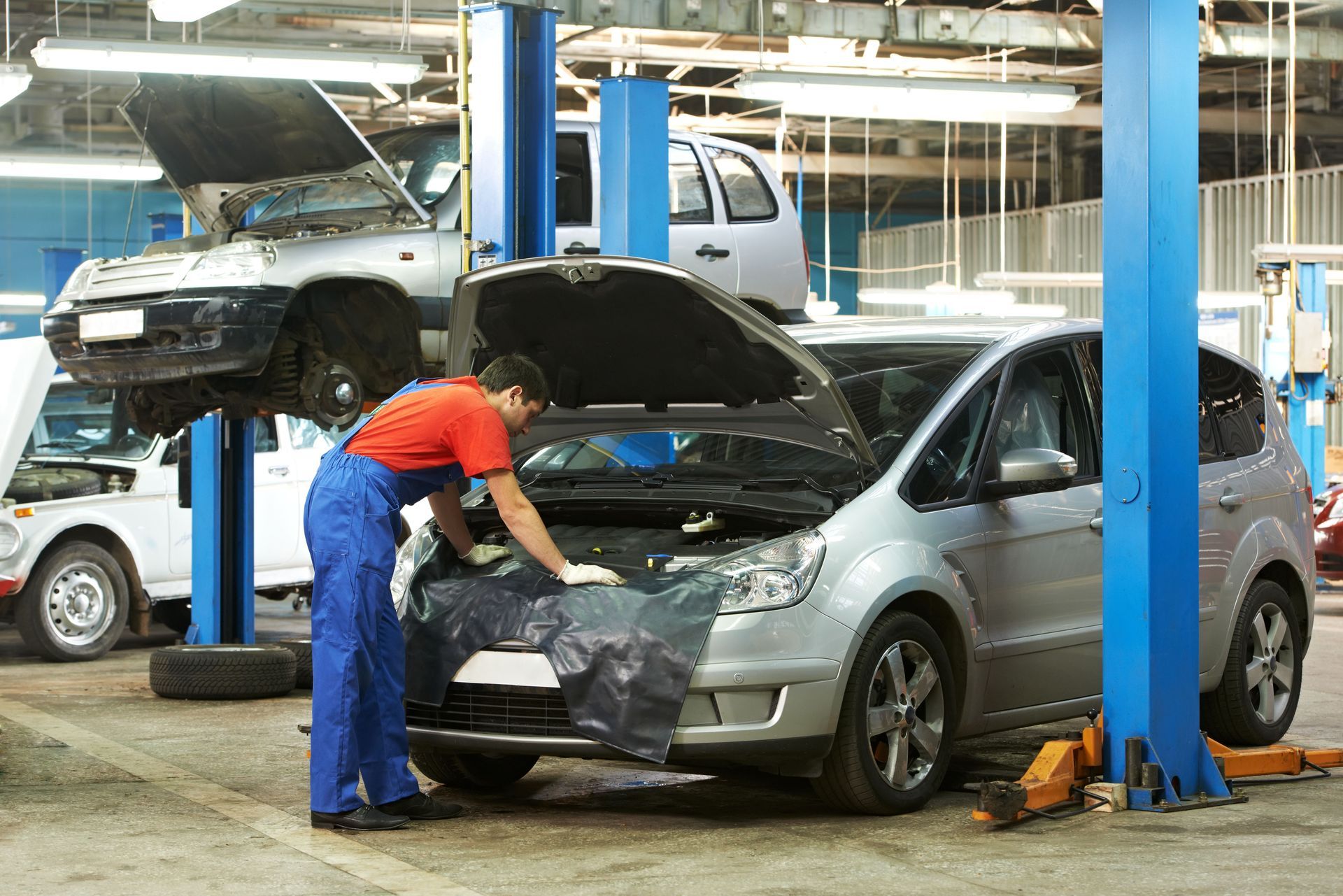
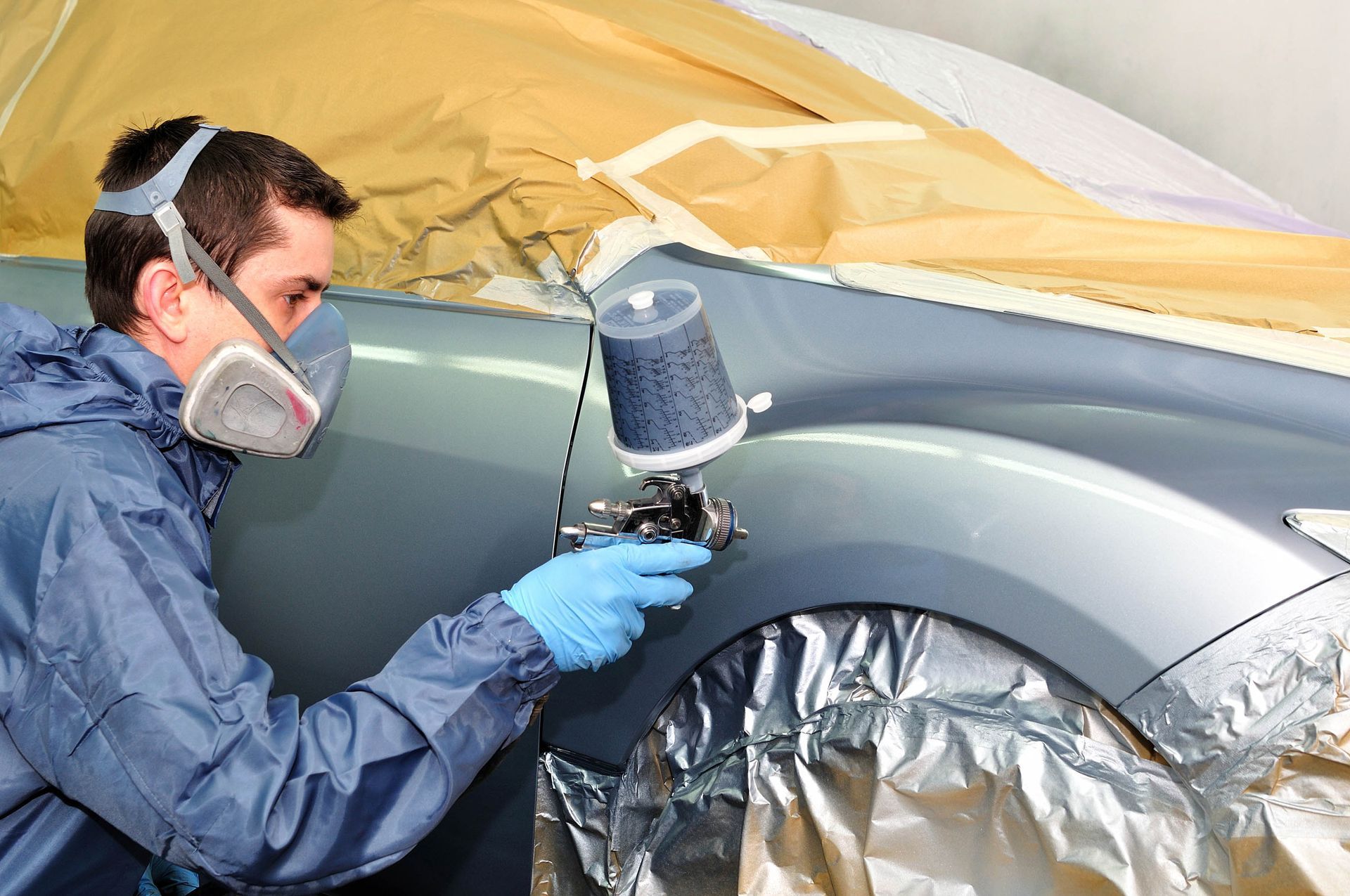
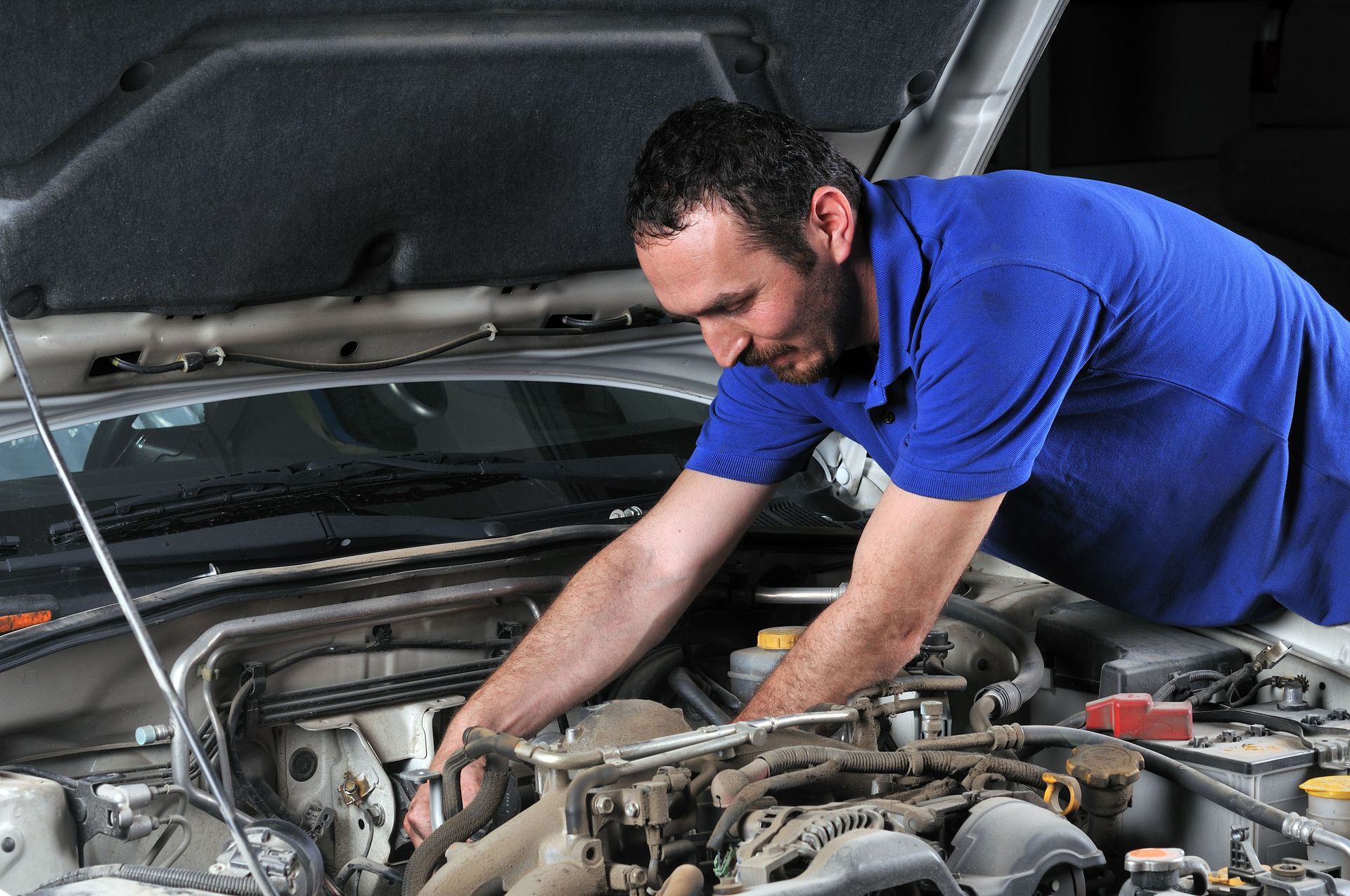
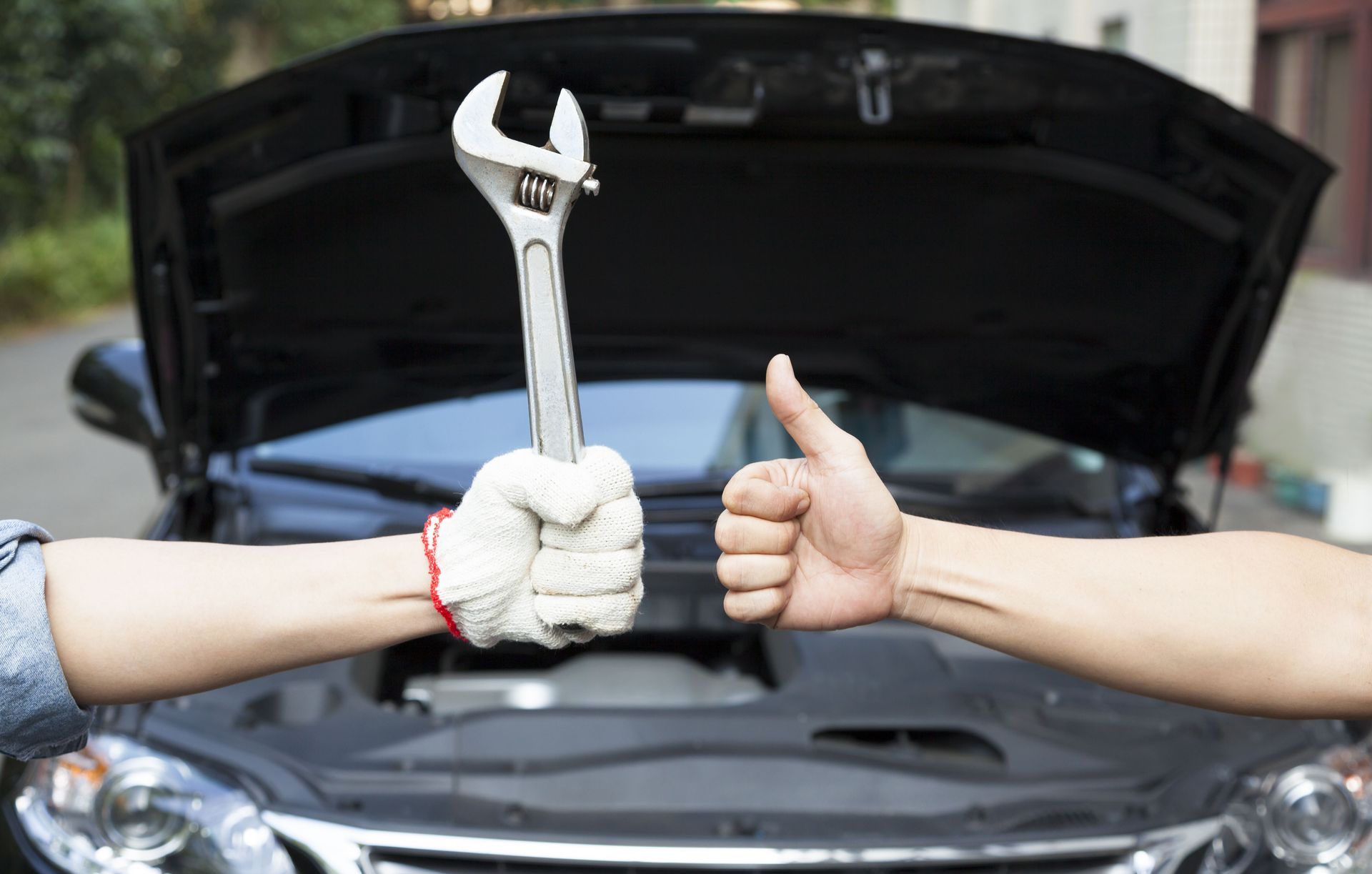

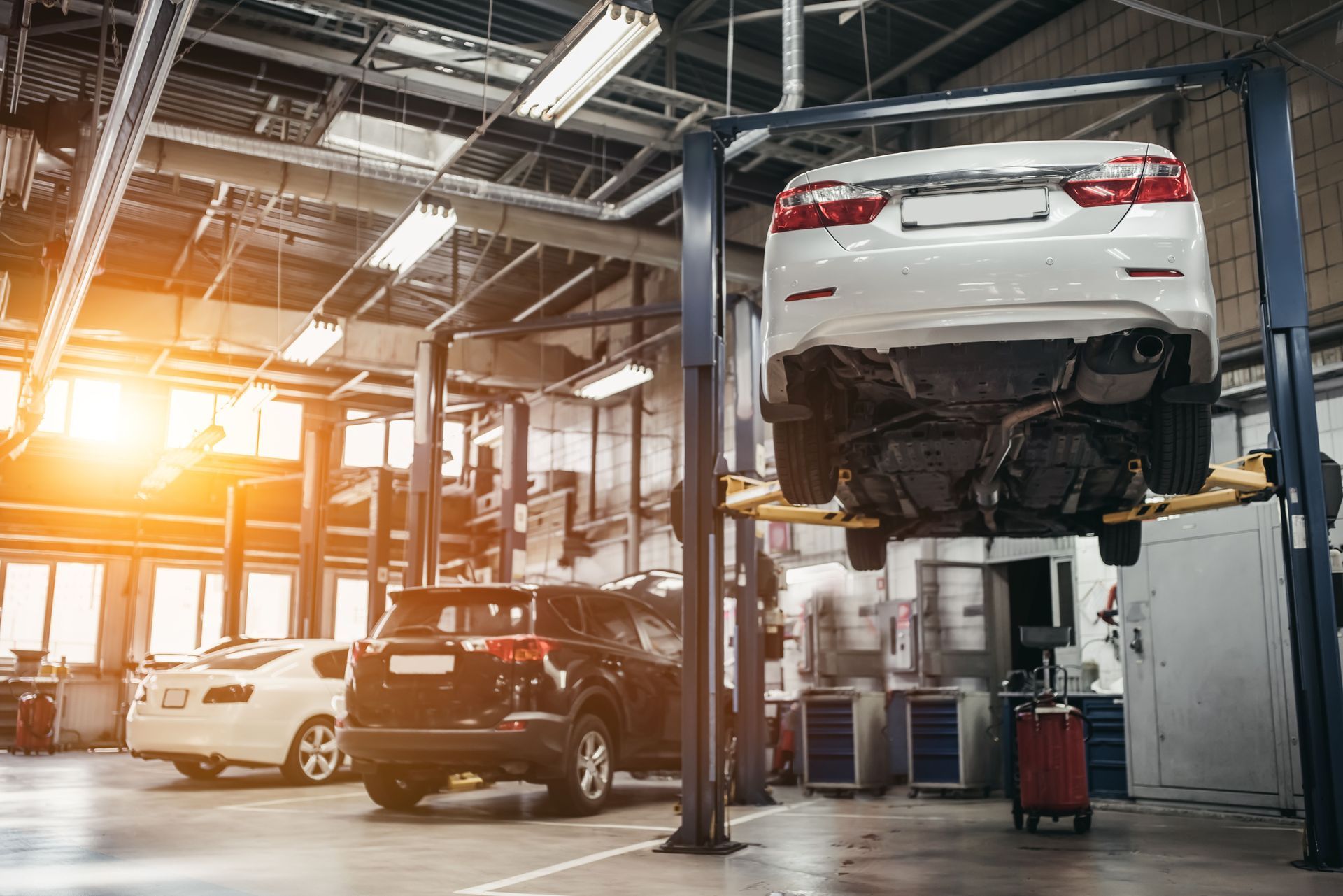
Share On: